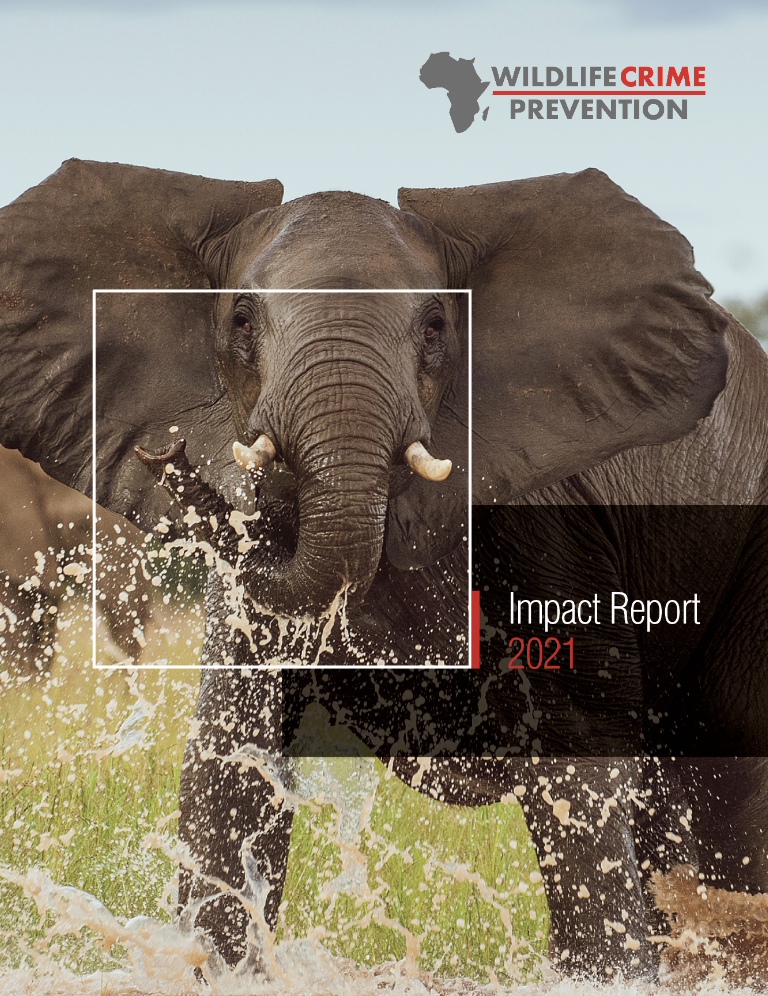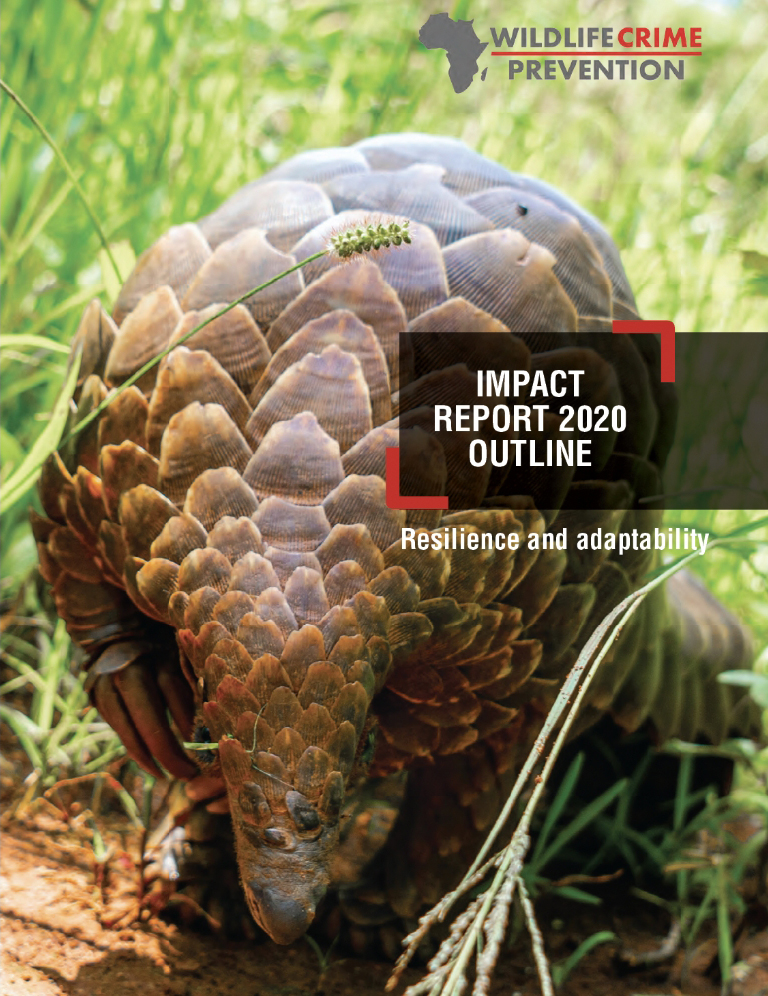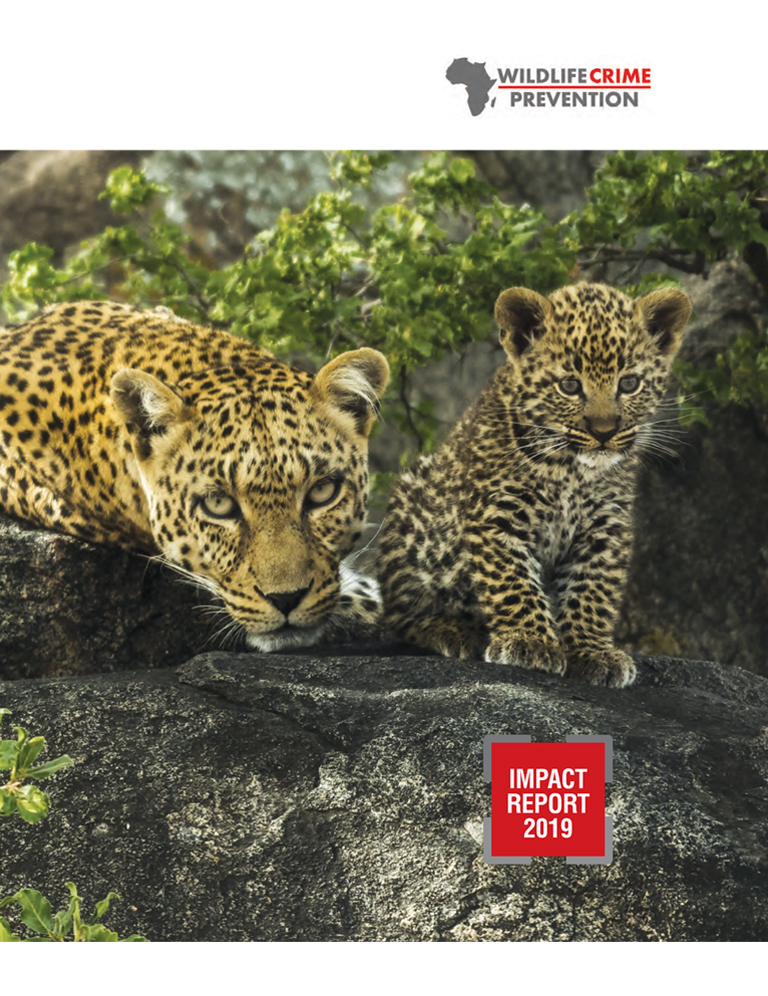Based in Zambia, WCP plays a crucial role in the global fight against wildlife and environmental crime. The trafficking of illegal wildlife products and the illegal timber trade constitute serious, organised crime conducted by networks operating across borders in the Southern African region.
Wildlife and environmental crime is now estimated to be worth over USD1 trillion, with governments from wildlife source countries losing between USD7 billion and USD12 billion (World Bank, 2019). This trafficking significantly detrimentally impacts our biodiversity, ecosystems and the security of affected communities.
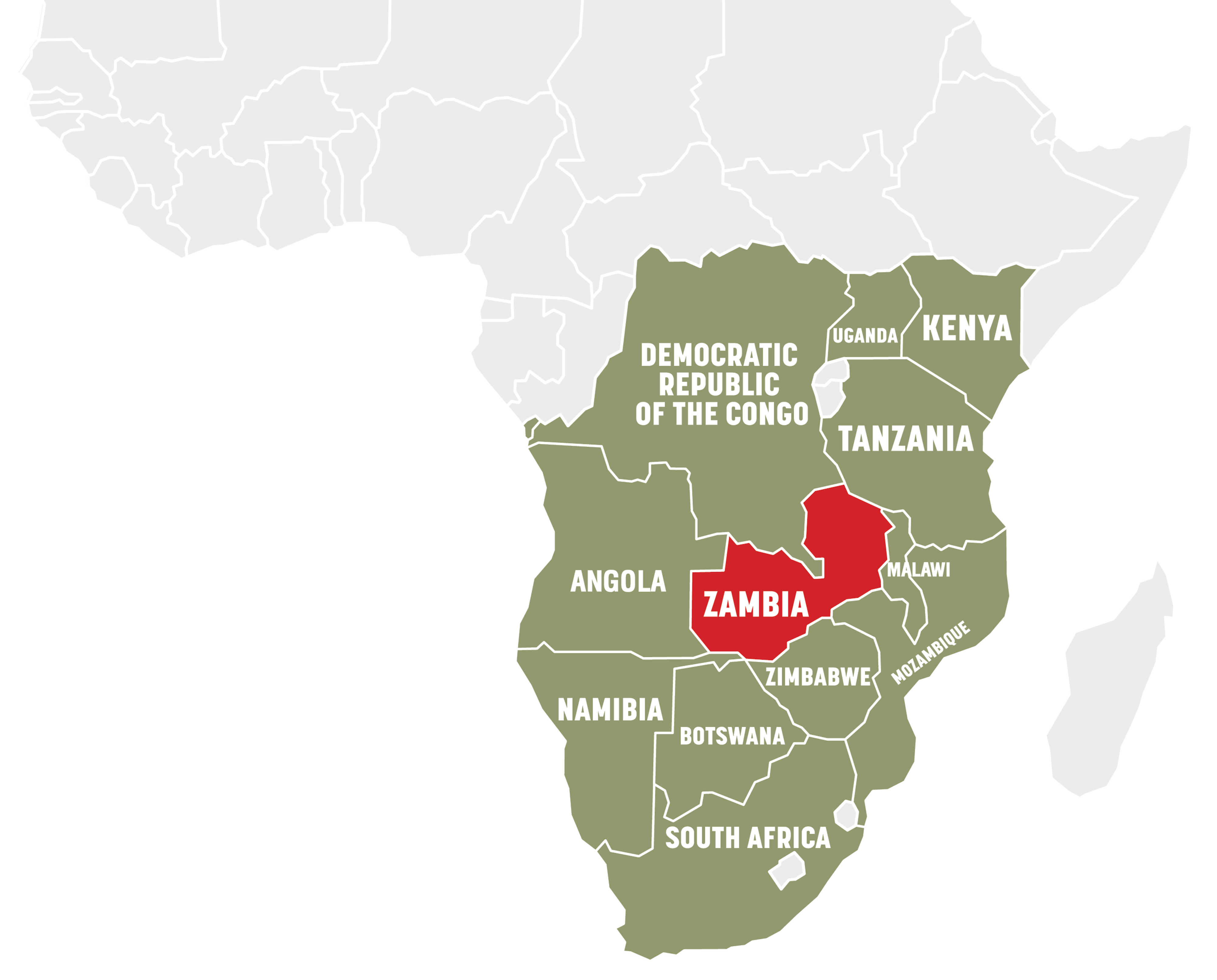
Zambia, surrounded by eight countries with porous borders, is both a source country for wildlife products and timber and a major trade route for a wide range of illegal contraband, including:
- rhino horn
- ivory
- pangolin
- large-cat skins
- abalone
- shoebill
- bushmeat
These products flow from surrounding countries (Botswana, South Africa, Zimbabwe, Zambia and Namibia) to transit countries (the Democratic Republic of the Congo (the DRC), Malawi, Tanzania, Kenya, Angola and Mozambique).
Lusaka, Zambia’s capital, is a well-known hub for wildlife criminals where wildlife products are processed, and criminals can access weapons, finances and other logistical requirements.
However, Zambia’s geographic location also provides several opportunities, which WCP has capitalised on by building relationships and networks with organisations and individuals working to combat Illegal Wildlife Trade (IWT) throughout the entire criminal processes in Zambia and regionally across Africa.
WCP’s five pillars to combat wildlife and environmental crime:
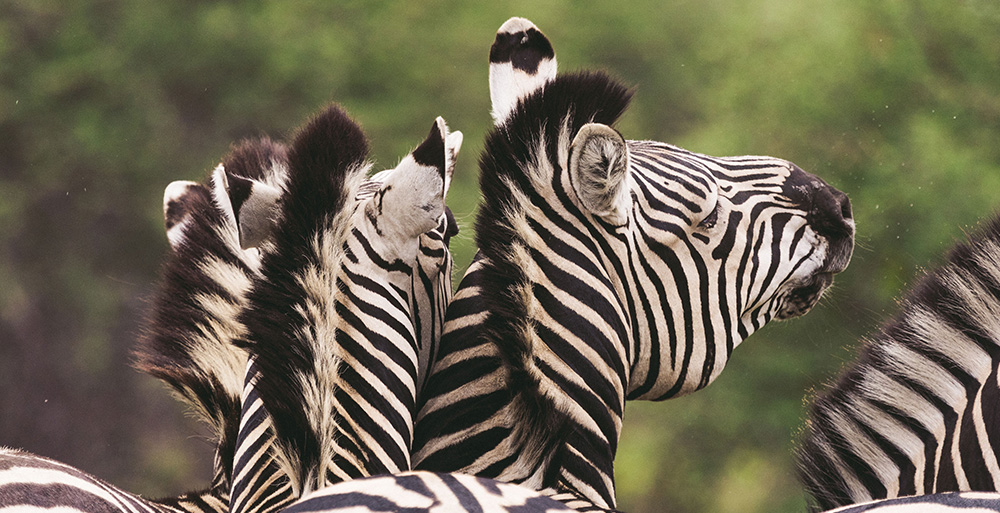
Law Enforcement
Supporting Department of National Parks and Wildlife (DNPW) Investigation and Intelligence Units countrywide with resources, equipment and capacity building, disrupting wildlife and environmental crimes in Zambia and neighbouring countries.
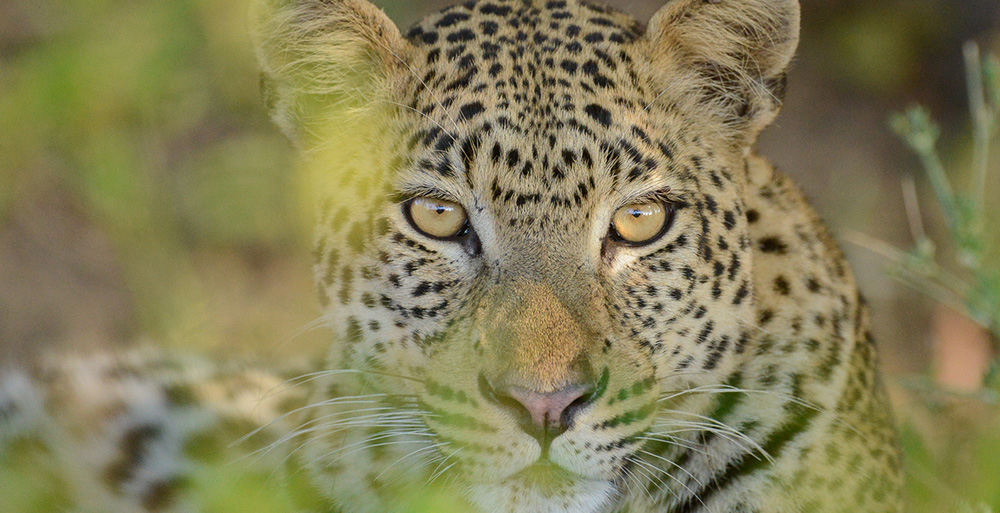
Wildlife Criminal Justice
Collaborating with DNPW, the National Prosecution Authority (NPA) and the judiciary by:
- monitoring wildlife and environmental crime cases
- supporting effective prosecutions and appropriate sentencing
- supporting adherence to human rights and reducing recidivism.
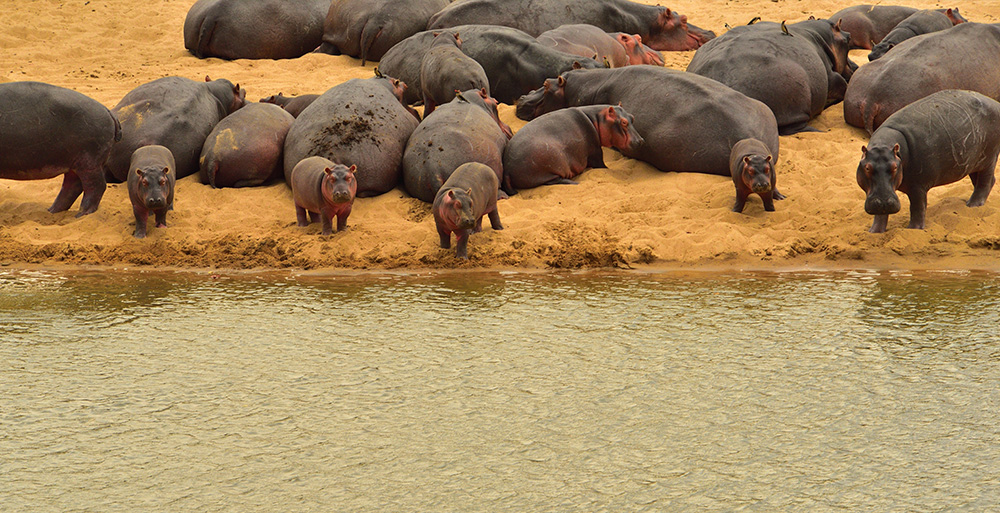
Communications
Increasing public awareness of wildlife and environmental crimes and their impact on our biodiversity, economy and communities, and supporting women and youth in conservation.
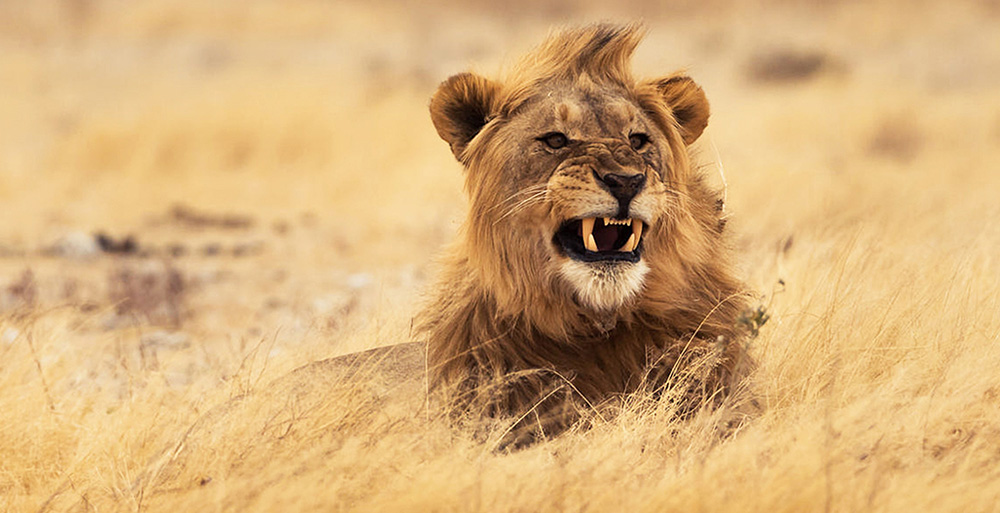
Situational Analysis and Special Projects
Improving knowledge and evidence base around wildlife and environmental crimes and their impact on law enforcement and conservation decision-making. Special projects include:
- rhino horn trade
- bushmeat
- big cat and pangolin poaching and trade.
- Pangolin rehabilitation and release:
Providing DNPW with a rehabilitation centre to provide treatment and care for injured or sick pangolins seized from the illegal trade before releasing them back into the wild.

Regional Collaboration (Alinea)
Improving interdisciplinary collaboration across the Southern African region through a comprehensive platform of trained individuals and resourced organisations that can address wildlife and environmental crime.
Governance
WCP Zambia is a registered company limited by guarantee under Zambian law and holds public benefit organisation (PBO) status. We work through memoranda of understanding with several government institutions, including the Department of National Parks and Wildlife (DNPW), the National Prosecution Authority (NPA), Zambian Correctional Services (ZCS) and the Drug Enforcement Commission (DEC). WCP has also issued a letter of intent with the Forestry Department for an MoU.
WCP Zambia is governed by a board of directors comprising:
Kerri Rademeyer
Chief Executive Officer, WCP Zambia
Rob Stacey
Niner Juliet Logistics
Mwelwa Chibesakunda
Chibesakunda & Co
Alita Mbahwe
Former Drug Enforcement Commissioner
Craig Reid
African Parks Network
Michael Kachumi
Churches Health Association of Zambia
Click here to see our Impact reports and audited accounts

